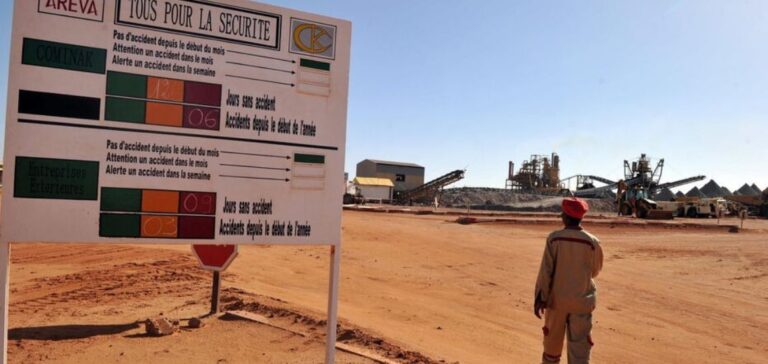The European Commission said on Tuesday that there was “no risk” to EU uranium supplies following the military coup in Niger, a country accounting for a quarter of European supplies, due to the stocks already built up.
EU secures supply of uranium from Niger for energy security
“There is no supply risk as far as the EU is concerned. EU operators have sufficient stocks of natural uranium to mitigate any short-term supply risk,” said a spokesperson for the EU executive at a press conference.
Due to the enrichment process, which takes place on European soil to make fuel for power plants, these are not just-in-time exchanges.
“In the medium and long term, there are sufficient deposits on the world market to cover the EU’s needs,” added the spokesman.
At the heart of nuclear energy: how Niger supplies uranium to Europe
Niger is a major supplier of fuel for the 103 reactors operating in 13 European countries, half of which are in France. In 2022, Niger was the EU’s second-largest supplier of natural uranium (with a 25.38% share) behind Kazakhstan, Euratom told AFP on Monday. Kazakhstan is by far the world’s leading producer of natural uranium, with 40.6% of the total mined in 2020, followed by Australia (12.8%) and Namibia (11.3%), Canada (8.1%) and Niger (7.6%). According to Euratom, Niger’s share of world supply will fall to 4.7% by 2021.
“The situation in Niger poses no risk to France’s security of supply of natural uranium,” said the French Ministry of Energy Transition, emphasizing efforts to diversify uranium supplies. The Ministry also pointed out that EDF had implemented “inventory management covering several years and is developing spent fuel recycling”.






















